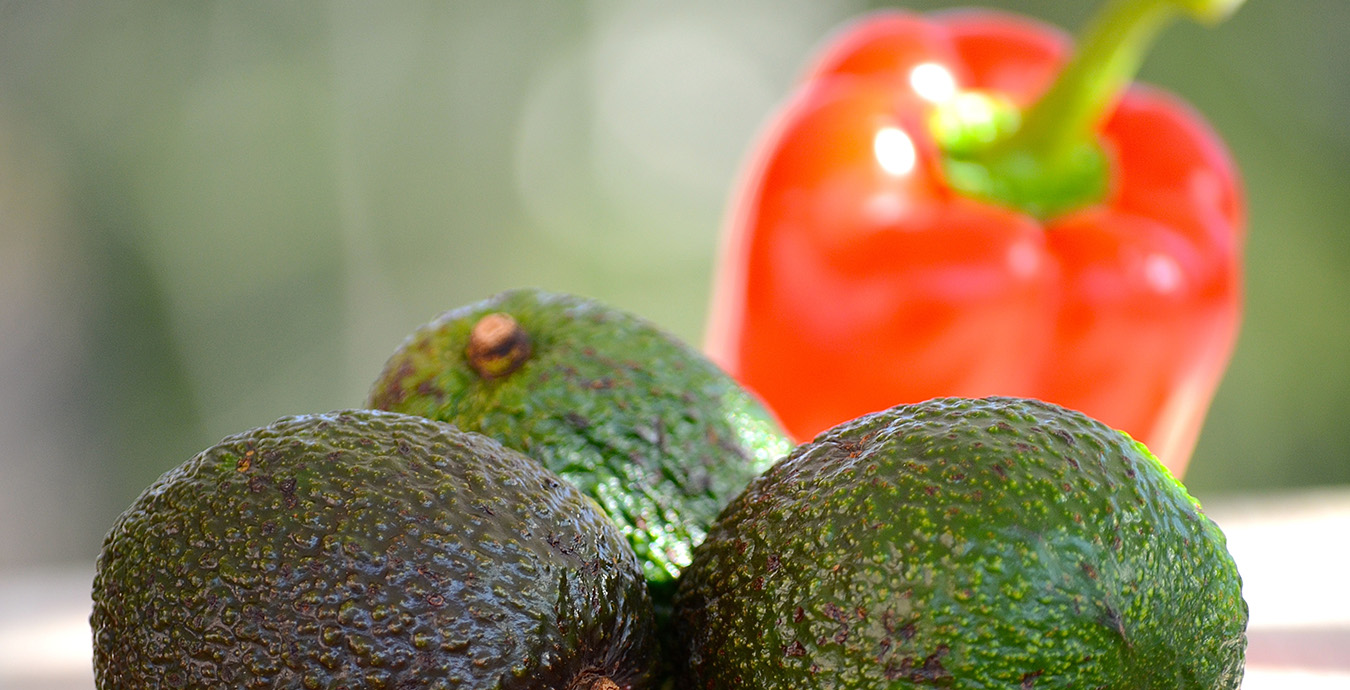Smart food for training and competition
Good nutrition can both make you feel and perform better, but it's important that you eat based on your lifestyle. That's the advice of dietitian Emma Lindblom, who lectures on sports nutrition and health. On a daily basis, she helps both exercisers and elite athletes eat right in relation to training and competition.
We asked Emma to share her wisdom with those now preparing for upcoming races in the Vasaloppet arena. Whether you are a cyclist, runner or skier, we hope this helps!
What should an exerciser eat on a daily basis?
It depends on a lot of things, for example on how often and how hard you train, how long your training sessions are and how active you are in everyday life. But the general advice is to eat breakfast, lunch and dinner plus a couple of snacks. And each meal should include carbohydrates, protein, fat, and vegetables. The proportions are determined by how active you are. In a simplified way, you can say that the more active you are, the more carbohydrates you need and it’s good if each meal contains something that is rich in protein.
The main meals should also contain good fat; however, you can avoid fat just before and after exercise. This is because fat can cause you to have problems with your stomach during exercise and it makes it take longer for the energy you get from food to enter your body so that you can use it during exercise.
Is it harder to build muscles for a vegan than a carnivore?
No, that’s a myth. Sure, we need protein to build muscle, but whether that protein comes from meat or plant matters less. If you choose protein from the plant kingdom, you need a bit more knowledge, to ensure that you get all the essential amino acids.
Regarding protein, the Swedish Food Agency recommends a maximum of 500 grams of cooked red meat, charcuterie and game per week. If you like meat, there are easy ways to reduce your consumption. For example, you can use a small portion of meat in a sauce, combining with beans, vegetables and lentils.
Are there certain foods and beverages that you should avoid?
I do not believe in banning things entirely. You can eat anything, but not every day. So, for example, sweets on occasion have less of an impact if you eat in a smart and nutritious way other days.
What about carbohydrates – are they good or bad?
They are good! Above all, they are absolutely necessary for us to be able to train and complete races. In recent years, carbohydrates have received a lot of negative attention and many have started avoiding bread, pasta and potatoes. But from a nutritional point of view, carbohydrates are great for us. Of course, it is better to choose carbohydrates in the form of foods such as rice, oatmeal, bread and pasta, compared to those that come from sweet things.
Is it important to eat something immediately after exercise?
For an elite athlete who runs several sessions a day, it can be important, but for us exercisers who don’t train every day, it’s usually enough to time the training in connection with a meal. Should it ever take more than two hours for you to eat after exercise, or if you exercise several times in one day, you can of course supplement with a banana and a glass of milk or similar. And if you exercise late at night, you should eat something before going to bed, like a smoothie with yogurt, banana, berries and oatmeal.
Do exercisers need supplements?
Generally speaking, no. If you eat a varied diet, you will get the nutrients you need. If you suspect that you have a deficiency, you should contact your health centre. Taking supplements just in case, or instead of eating fruits and vegetables, is not something I recommend. It’s much wiser to invest in getting nutritious food into you.
What is the best food the days before a race?
Eat and drink as usual and choose carbohydrate-rich meals. Do not forget any meals, and eat up. If your race lasts for many hours, it’s good to eat extra carbohydrates the days before the race, with carbohydrate-rich snacks and an expanded evening meal. It is, of course, also important that your body is in balance. By that I mean that you have slept well, trained well, are mentally prepared, have good fluid levels and, of course, that you are completely healthy. Your diet is important, but it is not everything.
How should the exerciser eat and drink during the race itself?
Add energy at each checkpoint and feel free to bring ”emergency supplies”, such as raisins or gels. Adjust the amount based on the length of the race and your speed. It’s good to start topping up on energy and fluids as early as the first checkpoint, so don’t wait until you become thirsty, hungry or lacking in energy. And keep in mind that you need to drink more than just water, such as sports drinks or Resorb. If you drink large amounts of water without adding salts (electrolytes), you can, in a worst case scenario, suffer from hyponatremia, i.e. water poisoning. It can end very badly.
Is it possible to reduce the risk of so-called runner’s stomach?
Yes, to some extent. Avoid high-fibre and fatty foods the days before the race and on the day of the competition. You can also prepare by ”training” your stomach, simply by eating in the same way when exercising as you will during your race, consuming the same foods at the same intervals. Just testing that your stomach can handle a certain type of sports drink is not enough, you also need to add physical activity.
What are the most common dietary mistakes?
Many people who exercise find it difficult to know how much they need to eat and adjust the food according to the amount of activity. Endurance training requires more energy and, above all, more carbohydrates.
Other exercisers train very hard and underestimate the value of recovery, both in terms of diet, sleep and rest. A classic example is to do a long multi-hour session on a Saturday when you also have to find time for everything from shopping to gardening and children’s birthday parties. Then there is no recovery.
Ambitious exercisers often increase their training very quickly. In addition to adding stress for muscles and joints, this can make it difficult to find the right balance with diet and recovery times. So increasing your training over a longer period of time is a good idea from many perspectives.
Upcoming events in the Vasaloppet Arena 2022–2023
Vasaloppet’s Summer Week 2022 (registration open)
• Friday, August 12 Cykelvasan Öppet Spår 94 km, start Sälen
• Saturday, August 13 Cykelvasan 90 94 km, start Sälen
• Sunday, August 14 Cykelvasan 45 45 km, start Oxberg
• Sunday, August 14 Cykelvasan 30 32 km, start Oxberg
• Sunday, August 14 Ungdomscykelvasan 32 km, start Oxberg
• Friday, August 19 Trailvasan 10 10 km, start Mora
• Saturday, August 20 Ultravasan 90 90 km, start Sälen
• Saturday, August 20 Ultravasan 45 45 km, start Oxberg
• Saturday, August 20 Trailvasan 30 30 km, start Oxberg
• Saturday, August 20 Vasastafetten 90 km, running relay for ten-person teams, start Sälen
• Saturday, August 20 Vasakvartetten 90 km, running relay for four-person teams, start Sälen
Vasaloppet’s Winter Week 2023 (registration open)
• Friday, February 24 Vasaloppet 30 30 km, start Oxberg
• Saturday, February 25 Tjejvasan 30 km, start Oxberg
• Sunday, February 26 Ungdomsvasan 9 km start Eldris, 19 km start Hökberg
• Sunday, February 26 Öppet Spår Sunday 90 km, start Sälen
• Monday, February 27 Öppet Spår Monday 90 km, freestyle, start Sälen
• Tuesday, Februray 28 Vasaloppet 45 45 km, start Oxberg
• Friday, March 3 Stafettvasan 90 km, five-person teams, start Sälen
• Friday, March 3 Nattvasan 90 90 km, individually or two-person teams, freestyle, start Sälen
• Friday, March 3 Nattvasan 45 45 km, individually or two-person teams, freestyle, start Sälen
• Friday, March 3 Nattvasan 30 30 km, individually or two-person teams, freestyle, start Sälen
• Saturday, March 4 Vasaloppet 10 9,2 km, freestyle, start Eldris
• Sunday, March 5 Vasaloppet 90 km, start Sälen
Like Vasaloppetofficial on Facebook and follow Vasaloppet on Instagram!





